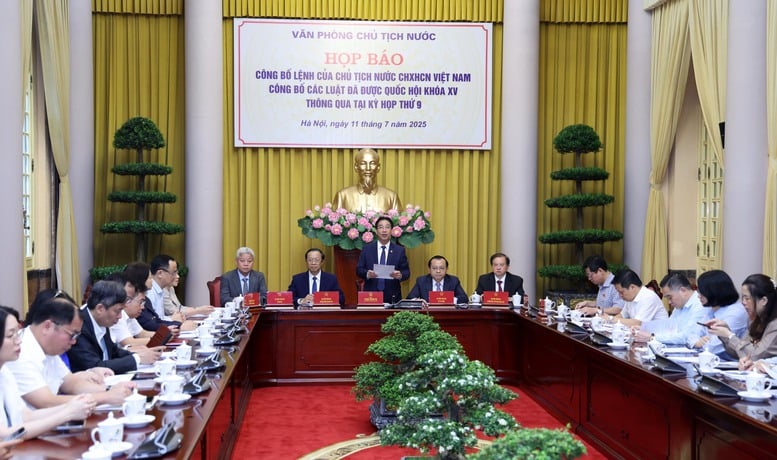
The Office of the President held a press conference to announce the President's Order promulgating nine laws passed by the 15th National Assembly, 9th session - Photo: VGP/Duc Tuan
The laws published include:
1/ Law on Teachers
2/ Employment Law
3/ Law on Special Consumption Tax
4/ Law amending and supplementing a number of articles of the Law on Advertising
5/ Chemical Law
6/ Law on Management and Investment of State Capital in Enterprises
7/ Law on Corporate Income Tax
8/ Law amending and supplementing a number of articles of the Law on Economical and Efficient Use of Energy
9/ State Budget Law
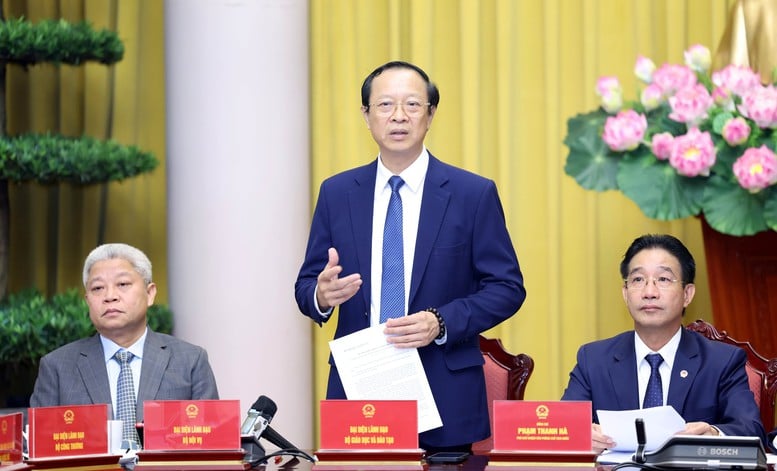
Deputy Minister of Education and Training Pham Ngoc Thuong speaks at the press conference - Photo: VGP/Duc Tuan
Teachers' salaries are ranked highest.
Introducing the Law on Teachers, Deputy Minister of Education and Training Pham Ngoc Thuong said that on June 16, 2025, the 15th National Assembly passed the Law on Teachers with 94.35% of the delegates present in favor. This is the first specialized law that fully regulates the legal status, rights, obligations and policies for the team of more than one million teachers nationwide.
The Law consists of 9 chapters and 42 articles, effective from January 1, 2026, focusing on 5 major policies: Identification of teachers; standards and titles; use, treatment and working conditions; training, fostering and honoring; role of state management.
The notable new point is that for the first time, non-public teachers are recognized as a specialized professional, with similar professional standards, rights and obligations, not just as contract workers as before. The law affirms the key role of teachers, while expanding the right to participate in scientific research, technology transfer, and start-ups.
The law stipulates that teachers' salaries are ranked highest in the administrative and career salary scale system. Additional allowances for disadvantaged areas, housing rental, training, periodic health care, and attracting high-quality human resources are added.
In addition, the Law merges two systems of standards (professional titles and professional standards) into one system of titles associated with professional capacity standards, applied uniformly to both public and non-public sectors.
Law on Chemicals 2025: Many new points, more synchronous and practical
Introducing the Law on Chemicals (amended), Deputy Minister of Industry and Trade Truong Thanh Hoai said that on June 14, 2025, the National Assembly passed the Law with 99.32% of the delegates present in agreement. The Law consists of 7 chapters and 48 articles, effective from January 1, 2026, comprehensively amending the 2007 Law on Chemicals.
The Law has new contents related to building policies for sustainable development of the chemical industry into a modern, fundamental industry; synchronous management of chemicals throughout the entire life cycle; management of hazardous chemicals in products; improving the effectiveness of ensuring chemical safety...
The Law on Chemicals is built in the direction of enhancing decentralization and delegation of power; simplifying and cutting down administrative procedures; applying maximum information technology to improve the investment and business environment; and creating favorable conditions for enterprises during the implementation process.
Along with that, the Law on Chemicals has added enforcement and appropriate transitional provisions to avoid creating gaps in management and minimize difficulties and obstacles for businesses.
The Law on Chemicals is an important and timely step to fully and comprehensively institutionalize the Party's guidelines and policies on sustainable development of the chemical industry; at the same time, it contributes to ensuring national defense, security, social safety, protecting people, facilities, assets and the environment.
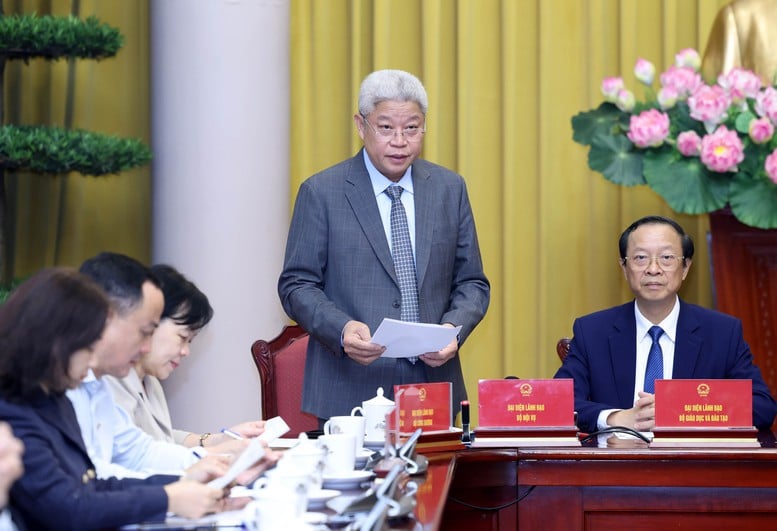
Deputy Minister of Home Affairs Nguyen Manh Khuong speaks at the press conference - Photo: VGP/Duc Tuan
Employment Law 2025: Substantial increase, expanded scope, and labor market promotion
Deputy Minister of Home Affairs Nguyen Manh Khuong said that on June 16, 2025, at the 9th session, the 15th National Assembly passed the Law on Employment No. 74/2025/QH15, consisting of 8 chapters and 55 articles, effective from January 1, 2026.
The Law has institutionalized the Party's policies and guidelines on perfecting institutions, removing "bottlenecks of bottlenecks"; ensuring the consistency, unity and suitability of the legal system and compliance with international commitments that Vietnam has participated in, contributing to promoting the development of the labor market, towards ensuring sustainable employment for all workers.
The 2025 Law on Employment stipulates policies to support job creation, labor registration, labor market information system, vocational skills development, employment services, unemployment insurance, state management of employment and applies to all workers who are Vietnamese citizens aged 15 and over who are able to work and have a need to work (including workers with labor relations and workers without labor relations, and unemployed people).
The 2025 Employment Law inherits the provisions that have been effectively implemented from the 2013 Employment Law, amends the provisions that are no longer suitable, focusing on adding provisions to institutionalize the 4 breakthrough Resolutions - the "four pillars" bringing the country into a new era.
Law on Special Consumption Tax 2025: Expanding subjects, strongly adjusting tax rates
Deputy Minister of Finance Le Tan Can said that the Law on Special Consumption Tax consists of 4 chapters and 11 articles, taking effect from January 1, 2026. Compared with the current Law on Special Consumption Tax, the Law on Special Consumption Tax 2025 has many new points.
Regarding taxable objects, in addition to the goods and services subject to special consumption tax inherited from the current Law on Special Consumption Tax, the Law on Special Consumption Tax has added soft drinks according to national standards with sugar content over 5g/100ml to the taxable objects; stipulated that air conditioners with capacity over 24,000 to 90,000 BTU (instead of air conditioners with capacity from 90,000 BTU or less) are subject to tax; amended and supplemented a number of goods subject to special consumption tax such as cigarettes, alcohol, beer, cars, airplanes... to synchronize with specialized laws.
In addition to the contents on subjects not subject to inheritance tax in the current Law on Special Consumption Tax, the Law on Special Consumption Tax has amended and supplemented subjects not subject to tax on goods produced, processed, directly processed by organizations and individuals for export abroad or sold or entrusted to other business organizations and individuals for export abroad; amended and supplemented regulations on subjects not subject to special consumption tax for: "Airplanes, helicopters, gliders, yachts used for the business purpose of transporting goods, passengers, tourists and airplanes, helicopters, gliders used for security, defense, ambulance, rescue, firefighting, pilot training, filming, photography, surveying, mapping, agricultural production"; Add the subject "passenger cars, four-wheeled passenger cars with engines that are not registered for circulation and only run within the scope of entertainment, recreation, sports, historical sites, hospitals, schools and other specialized cars"...
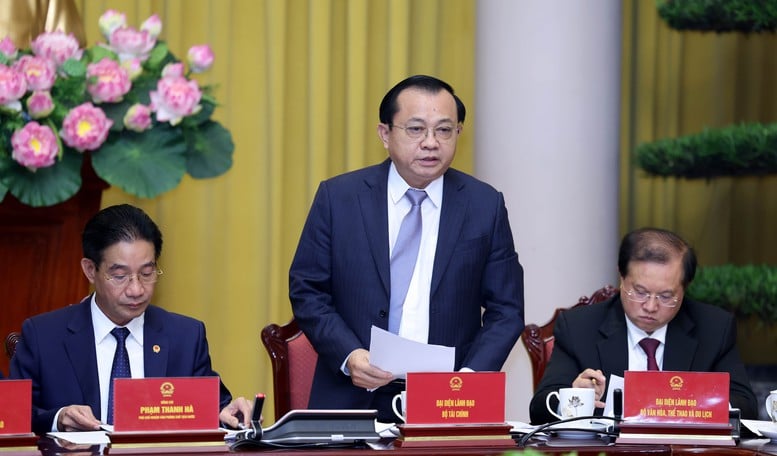
Deputy Minister of Finance Le Tan Can speaks at the press conference - Photo: VGP/Duc Tuan
Amended Advertising Law 2025: Tightening online advertising, making content transparent
Deputy Minister of Culture, Sports and Tourism Ta Quang Dong said that the Law amending and supplementing a number of articles of the Law on Advertising, consisting of 3 articles, will take effect from January 1, 2026; and is built on the spirit of innovative thinking in law-making and enforcement to meet the requirements of national development in the new era.
The National Assembly assigned the Government to provide detailed regulations and guidance on new, frequently changing, and unstable issues; limit the emergence of administrative procedures, create favorable conditions for people and businesses; innovate thinking in the viewpoints and methods of advertising management, especially online advertising and cross-border advertising.
The important and groundbreaking new regulations in the Law include the addition of rights and obligations of the person delivering advertising products; Vietnamese words in advertising products; requirements for advertising content and advertising conditions; advertising on radio, television, online, outdoor...
Law on State Capital Management and Investment in Enterprises: Increasing autonomy, reducing procedures
Deputy Minister of Finance Le Tan Can said that the Law on Management and Investment of State Capital in Enterprises will take effect from August 1, 2025.
The Law consists of 8 chapters and 59 articles, inheriting relevant regulations and amending and supplementing them to fully institutionalize the Party's policy on restructuring state-owned enterprises, controlling power, promoting innovation and digital transformation.
Regarding the innovative contents, the scope of regulation of this Law regulates the investment of state capital in enterprises and the management of state capital in enterprises; there is no phrase "using state capital to invest in production and business" and "supervising the management and use of state capital in enterprises" as in Law No. 69/2014/QH13, the content of "management of state capital in enterprises" includes the content of using and supervising state capital and has selectively inherited the provisions of Law No. 69/2014/QH13.
The Law clearly defines the subjects of application, including state-owned enterprises as prescribed by the Law on Enterprises; credit institutions in which the State holds more than 50% of the charter capital as prescribed by the Law on Credit Institutions, except for Policy Banks (thereby not only applying to enterprises in which the State holds 100% of the charter capital as in Law No. 69/2014/QH13).
At the same time, the implementing provisions stipulate that political organizations, the Vietnam Fatherland Front and member organizations are allowed to apply this Law to manage and invest capital of the organization in enterprises in order to create a legal basis for investment and capital management activities of these organizations...
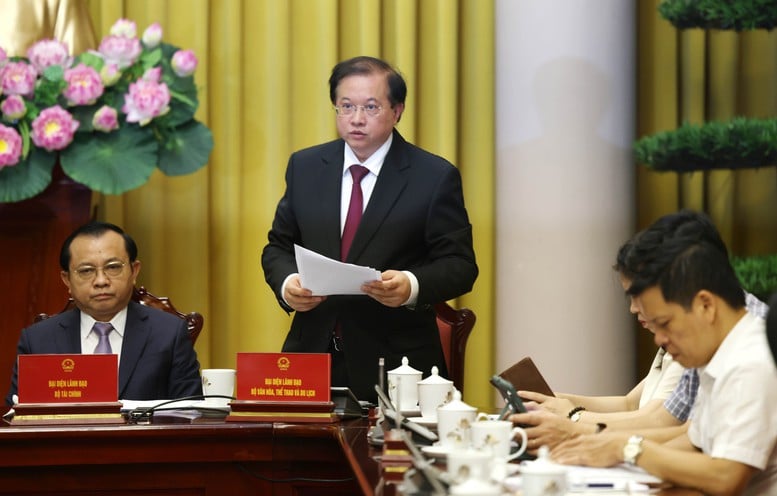
Deputy Minister of Culture, Sports and Tourism Ta Quang Dong speaks at the press conference - Photo: VGP/Duc Tuan
Corporate Income Tax Law 2025: Adding taxable areas, increasing targeted incentives
Deputy Minister of Finance Le Tan Can said that with 4 chapters and 20 articles, effective from October 1, 2025, the Law on Corporate Income Tax was issued to fully institutionalize the policies and orientations identified in documents and resolutions of the Party and State on reforming the tax policy system in general, and corporate income tax policy in particular; review and clearly identify the contents and scope of issues that need to be amended and supplemented to overcome difficulties and problems arising in the past; ensure consistency and unity between the provisions of the law on corporate income tax and the provisions of related laws, especially the laws on investment, enterprises, science and technology, innovation and digital transformation, digital technology, etc.
The Law on Corporate Income Tax applies from the 2025 corporate income tax period. Compared with the current Law on Corporate Income Tax, the Law on Corporate Income Tax 2025 has new points related to taxpayers and taxable income; tax-exempt income; tax period, determination of taxable income and tax calculation method; deductible and non-deductible expenses when determining taxable income; corporate income tax rate; corporate income tax incentives...
Law amending the Law on Using Energy Economically and Efficiently: Increasing incentives, reducing procedures
Deputy Minister of Industry and Trade Truong Thanh Hoai said that the Law amending and supplementing a number of articles of the Law on Economical and Efficient Use of Energy, consisting of 2 articles, will take effect from January 1, 2026.
The Law has closely followed 4 policies on: Improving the effectiveness of state management in the field of economical and efficient energy use; management and development of energy consulting services, energy auditing, human resource training in the field of economical and efficient energy use; regulations on preferential policies and financial support tools for the field of economical and efficient energy use; market transformation and performance management of energy-using vehicles and equipment....
State Budget Law 2025: Increasing decentralization, reducing procedures, enhancing responsibility
Deputy Minister of Finance Le Tan Can said that the Law has 7 chapters and 79 articles, taking effect from the 2026 budget year.
The Law has institutionalized the Party and State's policies and orientations on the state budget; innovated the mechanism of decentralization of revenue sources and expenditure tasks, ensuring the leading role of the central budget, increasing the initiative of local budgets; defined responsibilities and powers between the central and local levels, linked to the rights and responsibilities of each level according to the motto, whichever level implements most effectively and promptly is assigned to that level; the locality decides, the locality does, the locality is responsible. Strengthened and improved the effectiveness of supervision by the National Assembly and People's Councils at all levels; reduced and simplified processes and procedures in the state budget process; promoted restructuring of the state budget, ensuring savings, efficiency, publicity, transparency and increased accountability.
State Budget Law No. 89/2025/QH15 takes effect from the 2026 budget year. State Budget Law No. 83/2015/QH13 has been amended and supplemented by a number of articles under Law No. 59/2020/QH14 and Law No. 56/2024/QH15 will cease to be effective from the effective date of this Law. 3 groups of contents, implemented from July 1, 2025, include: Decentralization of expenditure tasks between provincial budgets and commune-level budgets in the fields of science, technology, innovation and digital transformation; synthesis, preparation of state budget estimates, organization of state budget expenditures in the fields of science, technology, innovation and digital transformation; temporary budget allocation.
Duc Tuan
Source: https://baochinhphu.vn/cong-bo-lenh-cua-chu-tich-nuoc-ve-9-luat-vua-duoc-thong-qua-102250711101820508.htm


![[Photo] Solemn opening of the 10th Session, 15th National Assembly](https://vphoto.vietnam.vn/thumb/1200x675/vietnam/resource/IMAGE/2025/10/20/1760937111622_ndo_br_1-202-jpg.webp)
![[Photo] Prime Minister Pham Minh Chinh meets with Speaker of the Hungarian National Assembly Kover Laszlo](https://vphoto.vietnam.vn/thumb/1200x675/vietnam/resource/IMAGE/2025/10/20/1760970413415_dsc-8111-jpg.webp)

![[Photo] National Assembly Chairman Tran Thanh Man holds talks with Hungarian National Assembly Chairman Kover Laszlo](https://vphoto.vietnam.vn/thumb/1200x675/vietnam/resource/IMAGE/2025/10/20/1760952711347_ndo_br_bnd-1603-jpg.webp)
![[Photo] Chairman of the Hungarian Parliament visits President Ho Chi Minh's Mausoleum](https://vphoto.vietnam.vn/thumb/1200x675/vietnam/resource/IMAGE/2025/10/20/1760941009023_ndo_br_hungary-jpg.webp)






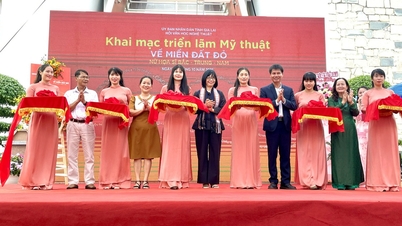








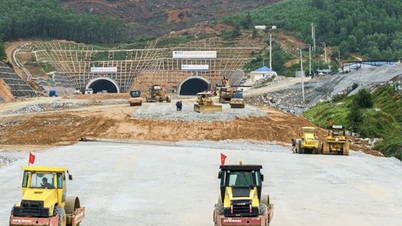

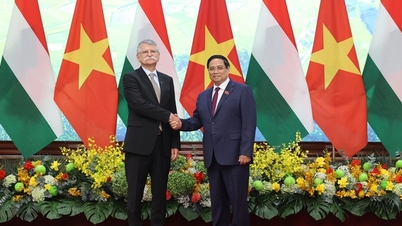
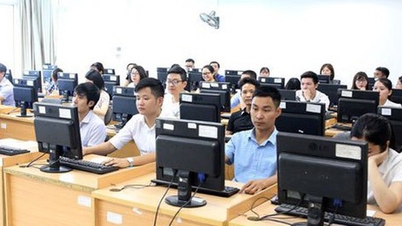

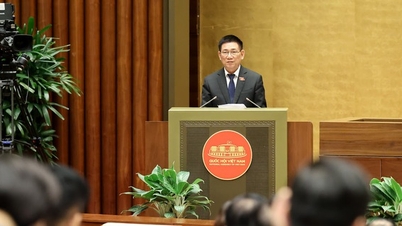
![[Photo] The Steering Committee of the 2025 Fall Fair checks the progress of the organization](https://vphoto.vietnam.vn/thumb/1200x675/vietnam/resource/IMAGE/2025/10/20/1760918203241_nam-5371-jpg.webp)














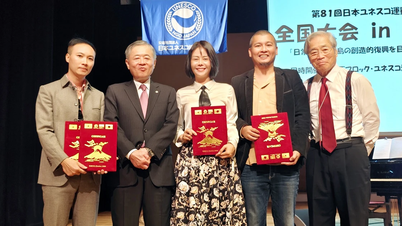





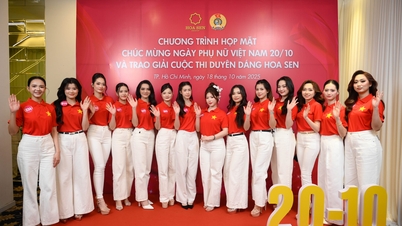

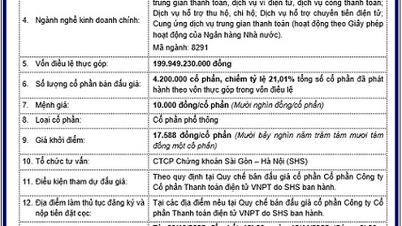
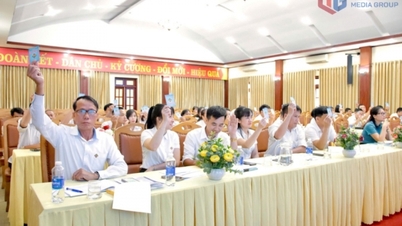

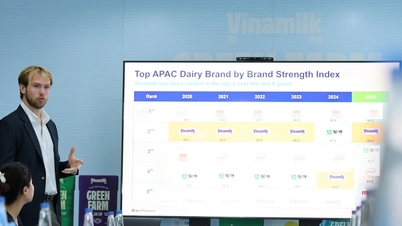

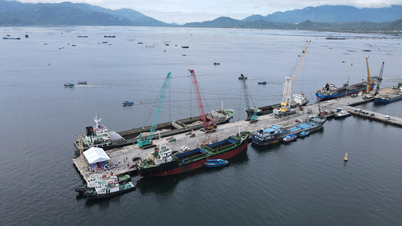








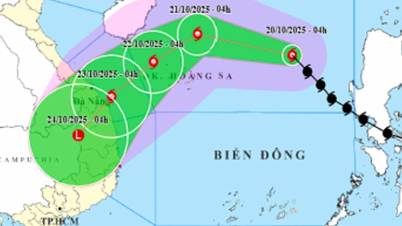

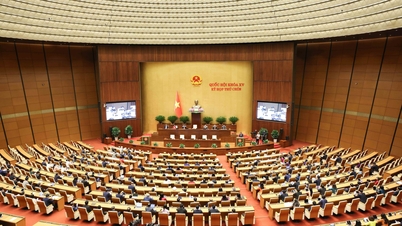
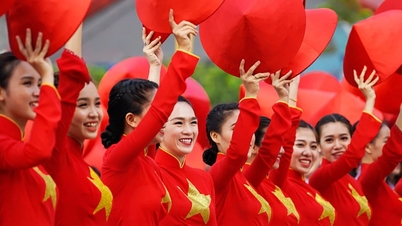

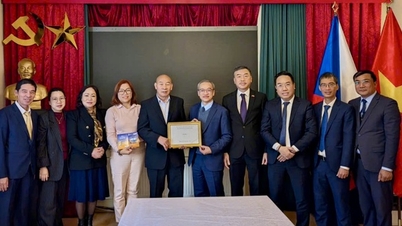


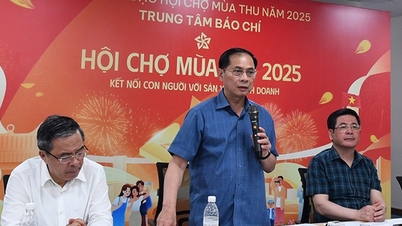
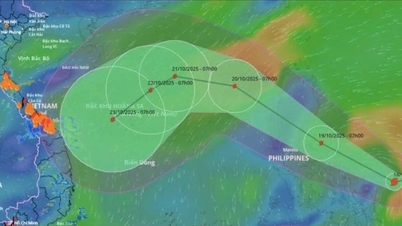



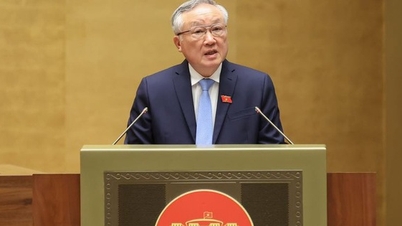
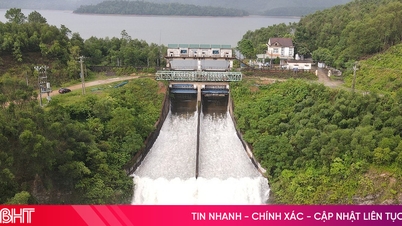




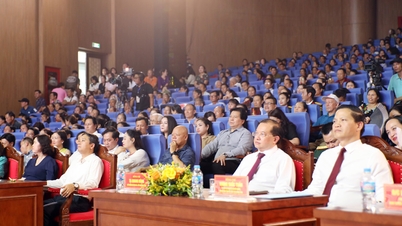

















Comment (0)